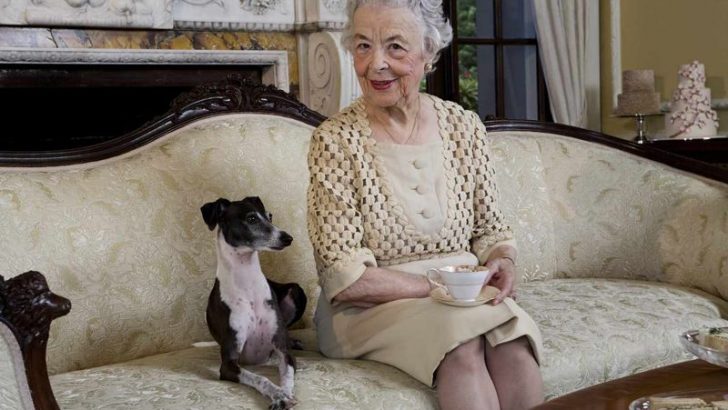In today’s fast-paced world, communication styles evolve rapidly. For Baby Boomers, staying current with language trends can be challenging. With younger generations setting new linguistic norms, it’s essential to keep up. This article highlights 12 phrases that may inadvertently date the speaker, offering insights into modern alternatives. By embracing a fresh vocabulary, Boomers can foster better connections across generations, ensuring their words resonate with authenticity and relevance. Whether in professional settings or casual conversations, avoiding these outdated expressions can help bridge the generational gap, keeping communication clear and engaging for all.
1. Phrase: Groovy

Remember the days of disco and bell bottoms? “Groovy” was the word of the era, capturing the essence of cool and trendy. However, in today’s language landscape, using “groovy” might paint you as someone stuck in a time warp. While it’s fun to reminisce about the past, clinging to such expressions can make interactions feel dated. Instead, opt for words like “awesome” or “fantastic” that still convey enthusiasm without sounding antiquated. This small change can refresh your conversational style and align it with today’s dynamic communication trends.
2. Phrase: Long-distance call
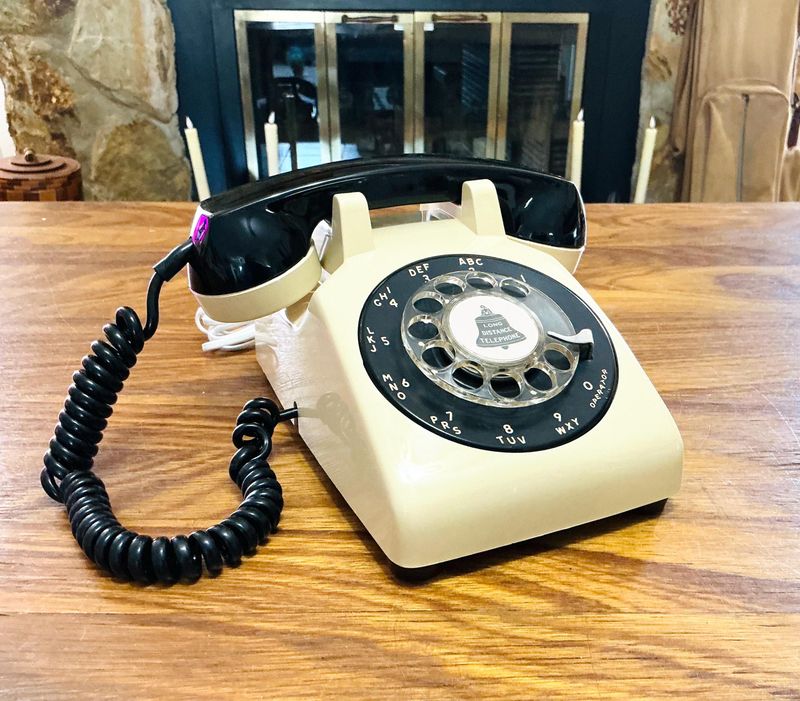
Once upon a time, making a long-distance call was a big deal, requiring planning and sometimes even operator assistance. Nowadays, with the advent of smartphones and internet-based communication, the concept feels archaic. The term “long-distance call” can evoke memories of dialing codes and expensive bills. To avoid sounding like you’re narrating a history lesson, simply refer to it as a “call” or mention the country or person explicitly. This acknowledges the technological advancements that have made global communication seamless and cost-effective.
3. Phrase: Tape a show

Remember the excitement of popping a blank VHS tape into the VCR to record your favorite show? While “taping a show” once represented cutting-edge convenience, the digital age has since revolutionized how we capture content. Streaming services and DVRs have rendered this phrase obsolete, with terms like “record” or “save a show” taking its place. By updating this expression, conversations can better reflect today’s technological landscape, making interactions more relatable and engaging for younger audiences.
4. Phrase: Back in my day

The phrase “back in my day” often sets the stage for a walk down memory lane. While sharing experiences from the past enriches conversations, using this phrase might unintentionally create a generational divide. Instead, try weaving stories into discussions without explicitly signaling the past. This approach fosters inclusivity and focuses on shared experiences rather than differences. Moreover, it encourages younger listeners to engage without preconceived notions, paving the way for meaningful dialogue across age groups.
5. Phrase: Carbon copy

In the age of digital documents and emails, the term “carbon copy” harks back to a time when typewriters ruled. Originally, it referred to using carbon paper to duplicate documents. Today, the concept of carbon copies lives on in email lingo as “CC,” but the physical act is long obsolete. Replacing “carbon copy” with “copy” or referring directly to the email feature keeps communication relevant and precise. This transition in terminology reflects the evolution of document sharing and ensures clarity for digital-native audiences.
6. Phrase: Pocketbook

The term “pocketbook” once commonly described a small handbag or purse. While it evokes a sense of vintage charm, this phrase can signal an outdated style. Nowadays, “purse” or “handbag” are more widely used, aligning with contemporary fashion language. Updating vocabulary in this way keeps conversations current and in tune with modern trends. It also enhances understanding across different age groups by adopting terminology familiar to younger generations, ensuring your language resonates with today’s audience.
7. Phrase: Rolodex
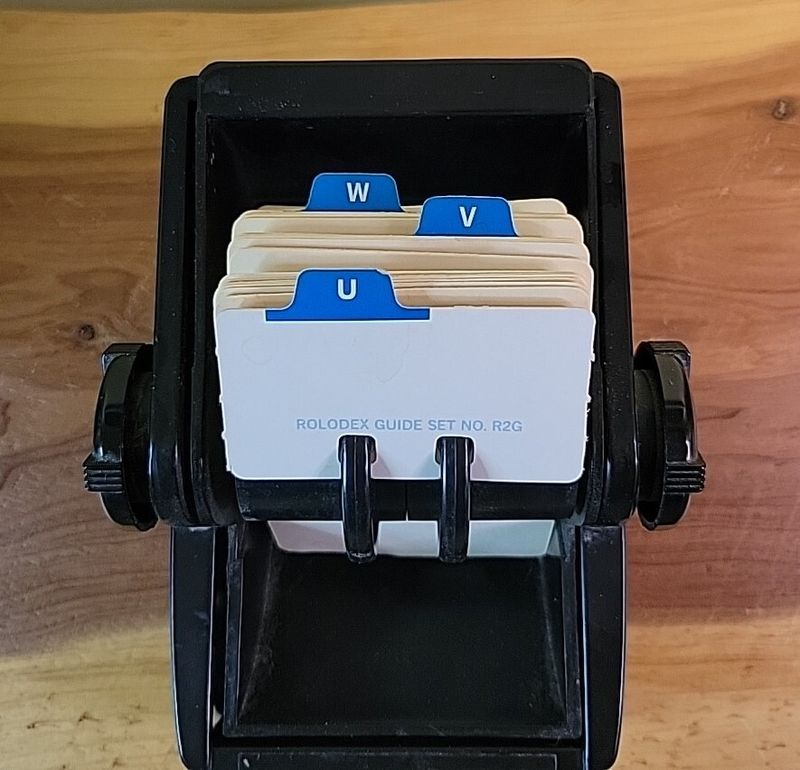
Before digital contacts and cloud storage, the Rolodex was a staple in offices, housing business connections within its rotating frame. Mentioning a Rolodex today might elicit blank stares from those accustomed to smartphones. To modernize the language, refer to contact lists or phone directories. This not only clarifies intent but also acknowledges technological progress in managing information. By adopting current terminology, conversations remain relevant, ensuring that communicative bridges between generations are built on mutual understanding and recognition of modern practices.
8. Phrase: Cell phone
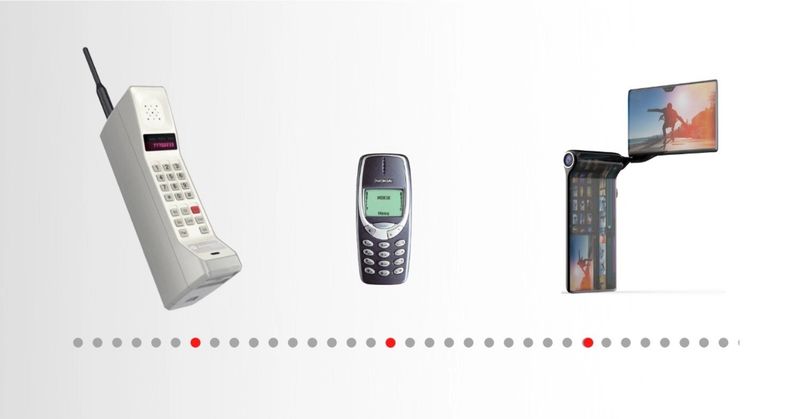
The once-revolutionary “cell phone” now feels almost quaint in an era dominated by multifunctional smartphones. As technology has advanced, so too has the language surrounding it. Referring to your device simply as a “phone” accommodates the full spectrum of its capabilities, from messaging to internet browsing. This slight shift in terminology reflects the integral role these devices play in daily life, resonating with the tech-savvy younger generations who have never known a time without them.
9. Phrase: Icebox
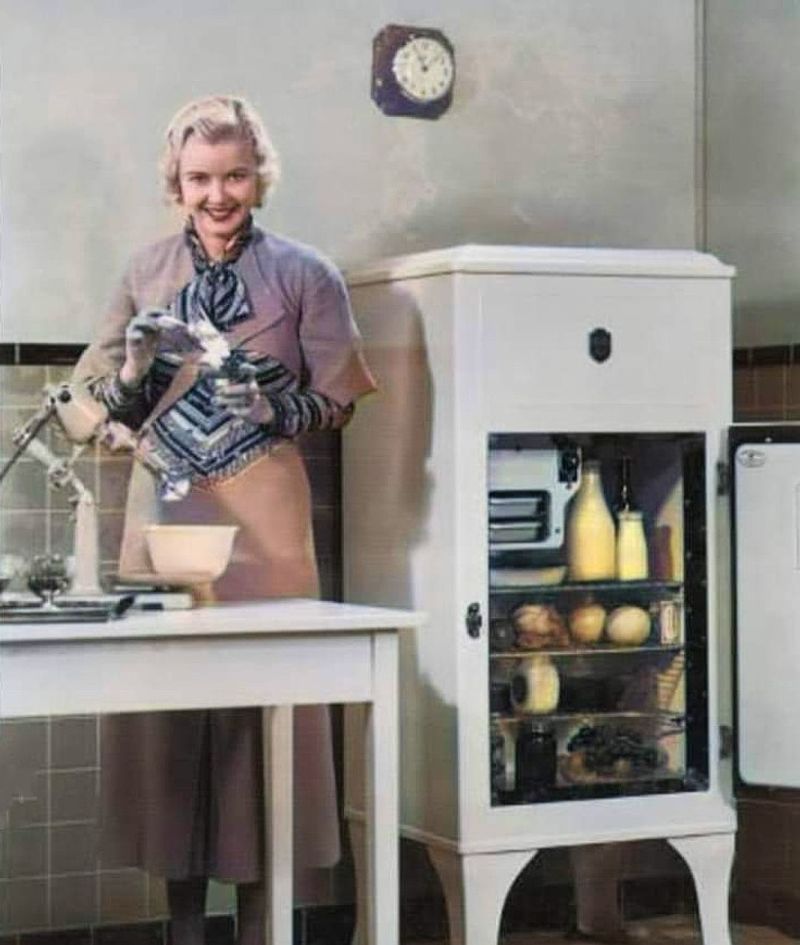
The word “icebox” harkens back to a time when refrigeration involved actual blocks of ice. While it evokes nostalgia for days gone by, today it’s merely a quaint term for a refrigerator. Using “refrigerator” or simply “fridge” updates your language for modern conversations. This shift acknowledges the technological advances that have transformed food storage. Adapting to contemporary terms helps maintain clarity and relevance, particularly for those who grew up in an era where the convenience of refrigeration was a given not a luxury.
10. Phrase: Floppy disk
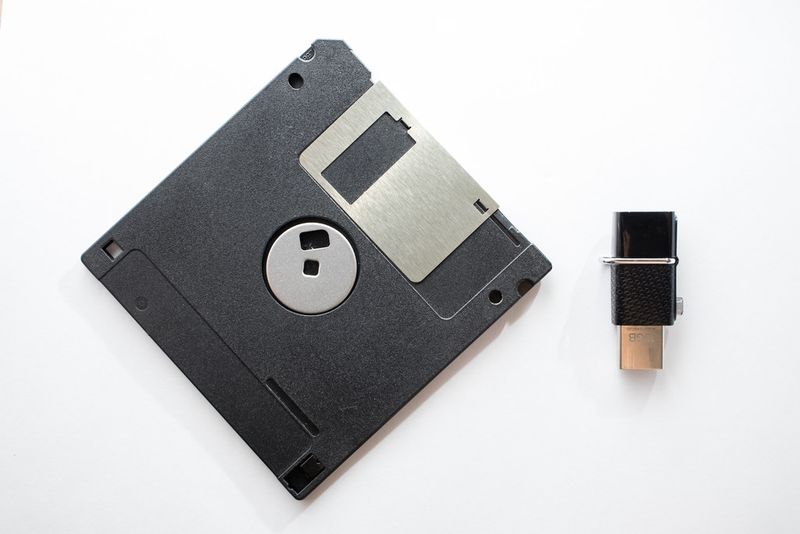
Once the hallmark of data storage, the floppy disk is now a relic of the digital past. Mentioning it today might conjure images of clunky computers and limited storage capacity. Instead, referring to “USB drive” or “cloud storage” highlights current technology. Adopting these terms not only modernizes your vocabulary but also aligns with how information is managed and shared today. This evolution in language reflects a broader shift towards efficient, accessible data solutions, ensuring communication stays relevant and engaging.
11. Phrase: Dial the phone
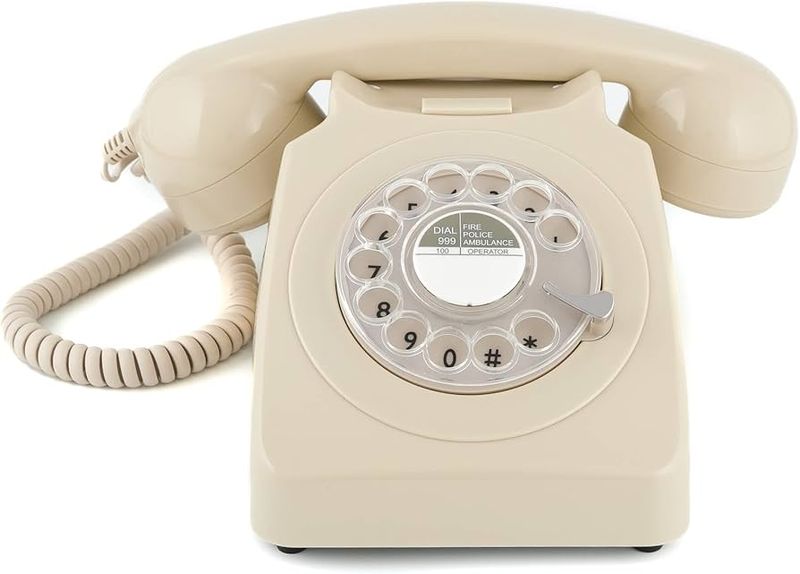
The phrase “dial the phone” conjures up images of rotary dials and the satisfying click-click-click of numbers spinning into place. While nostalgic, it has fallen out of everyday use in favor of simply “call” or “phone.” This reflects advances in communication technology, where dialing is no longer a physical action but a quick tap on a screen. Updating this phrase ensures clarity and relevance, particularly for generations who have only known digital interactions. Embracing current terminology bridges generational language gaps.
12. Phrase: Film camera
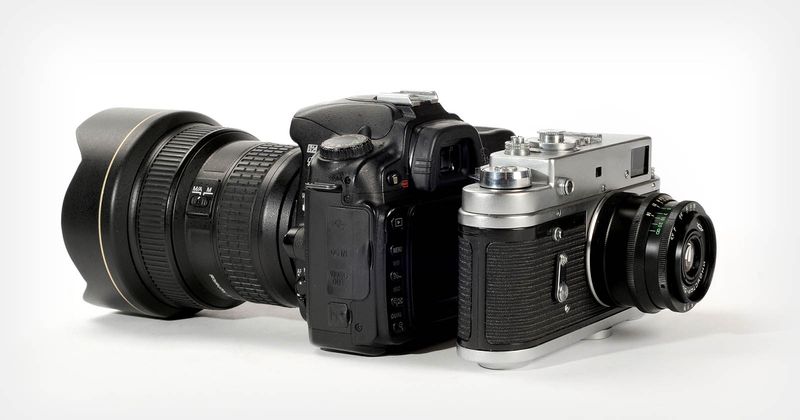
In an age where digital photography reigns supreme, mentioning a “film camera” might seem antiquated. The transition from film to digital has revolutionized how we capture and share moments. Referring to a “camera” or specifying “digital camera” aligns with today’s photographic landscape. This language update acknowledges technological advancements and resonates with younger audiences familiar only with digital methods. By modernizing vocabulary, you ensure your conversations about photography remain relevant, engaging, and reflective of current practices.
Hi all, I am Sidney, an accountant, a hobbyist photographer, and a mother to two sweet girls who are my motivation. I love sharing the tips and tricks I gained all these years I’ve been a mother. I hope it will help you!

